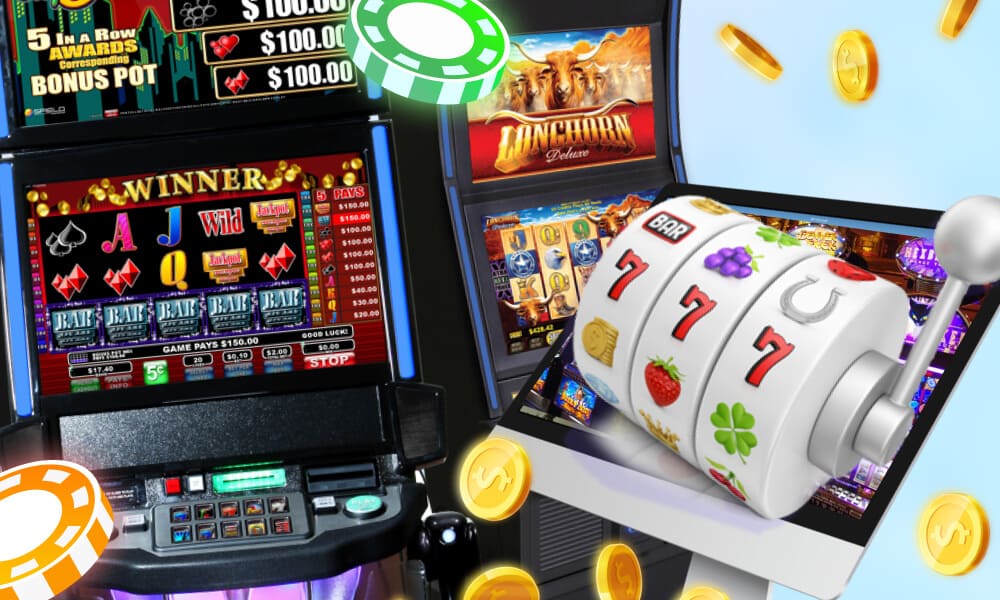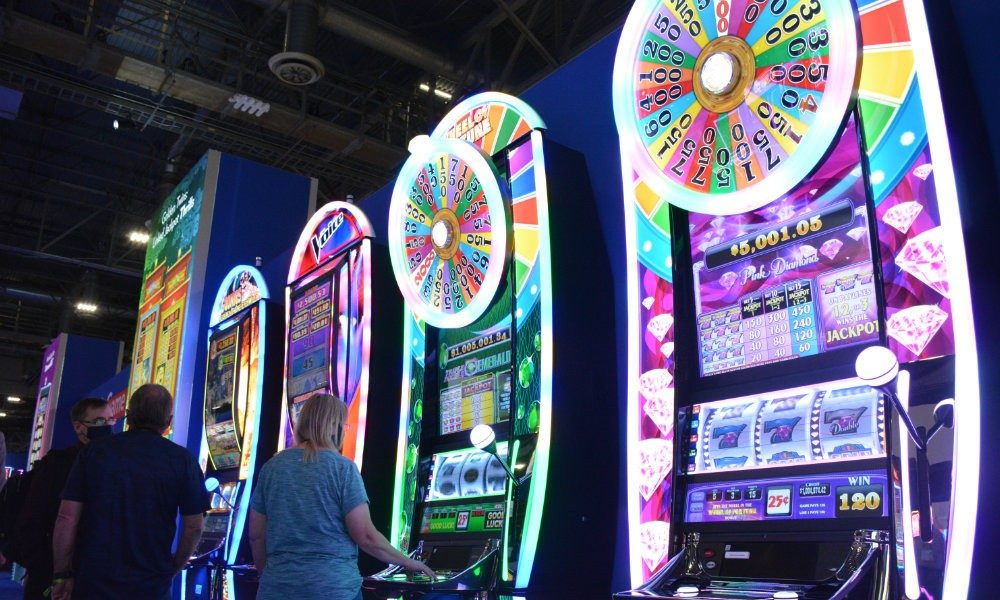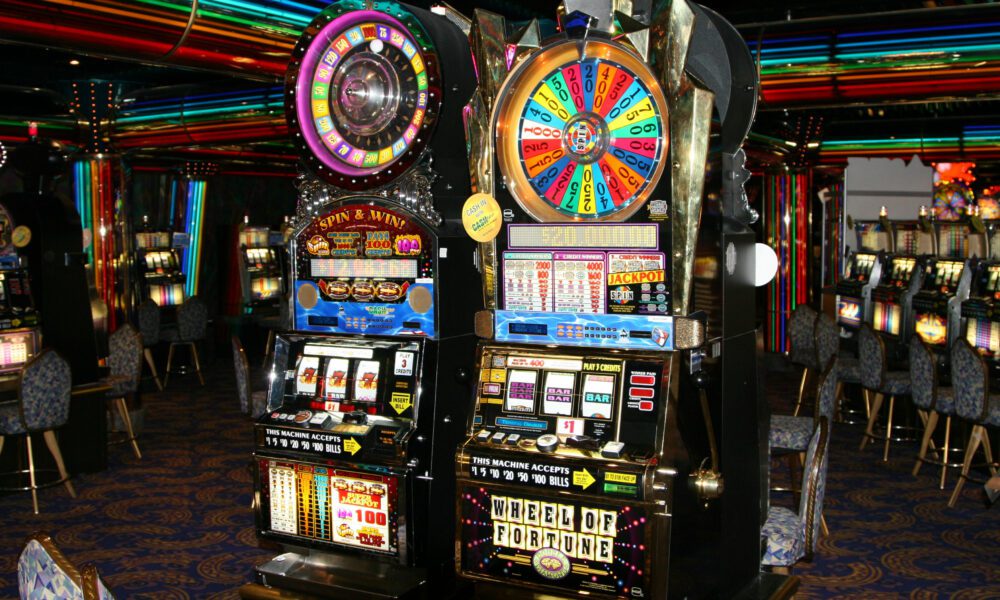Slot machines have come a long way since their inception in the late 19th century. What started as a simple mechanical device has now evolved into a complex digital system that offers players a wide range of features and options. In this article, we will explore the history of slot machines and how they have evolved over the years.
Early Slot Machines
The first slot machine was invented in 1895 by Charles Fey, a San Francisco-based mechanic. This machine was called the Liberty Bell and had three reels with symbols such as diamonds, spades, and horseshoes. The machine was a massive hit and was quickly copied by other manufacturers.
Early slot machines were entirely mechanical, meaning that they had no electronic components. Players had to insert a coin and pull a lever to spin the reels. The reels had various symbols on them, and if the player matched three symbols, they would win a prize.
Electromechanical Slot Machines
In the 1960s, slot machines began to incorporate electronic components. This new type of slot machine was called an electromechanical slot machine. These machines had electronic components that controlled the spinning of the reels and the payout of winnings.
With the advent of electromechanical slot machines, manufacturers could add more features and options to their machines. For example, they could add multiple paylines, which meant that players had more chances to win. They could also add bonus games, which gave players the opportunity to win even more prizes.
Digital Slot Machines

In the 1990s, slot machines made the transition from electromechanical to digital. Digital slot machines are entirely computerized and use random number generators to determine the outcome of each spin. These machines have many advantages over their mechanical and electromechanical predecessors.
One significant advantage of digital slot machines is that they can offer a wide range of games and options. Manufacturers can create games with complex graphics, animation, and sound effects. They can also add features such as progressive jackpots, which offer players the chance to win massive prizes.
Another advantage of digital slot machines is that they are more secure than mechanical or electromechanical machines. Digital machines use encryption and other security measures to prevent cheating and hacking.
The Future of Slot Machines
The future of slot machines looks bright. Manufacturers are continually developing new games and features to keep players engaged. They are also exploring new technologies, such as virtual reality, to create even more immersive gaming experiences.
One thing is for sure: slot machines will continue to evolve and adapt to changing technologies and player preferences. Whether you prefer the classic mechanical machines or the latest digital offerings, there is sure to be a slot machine that suits your style.




